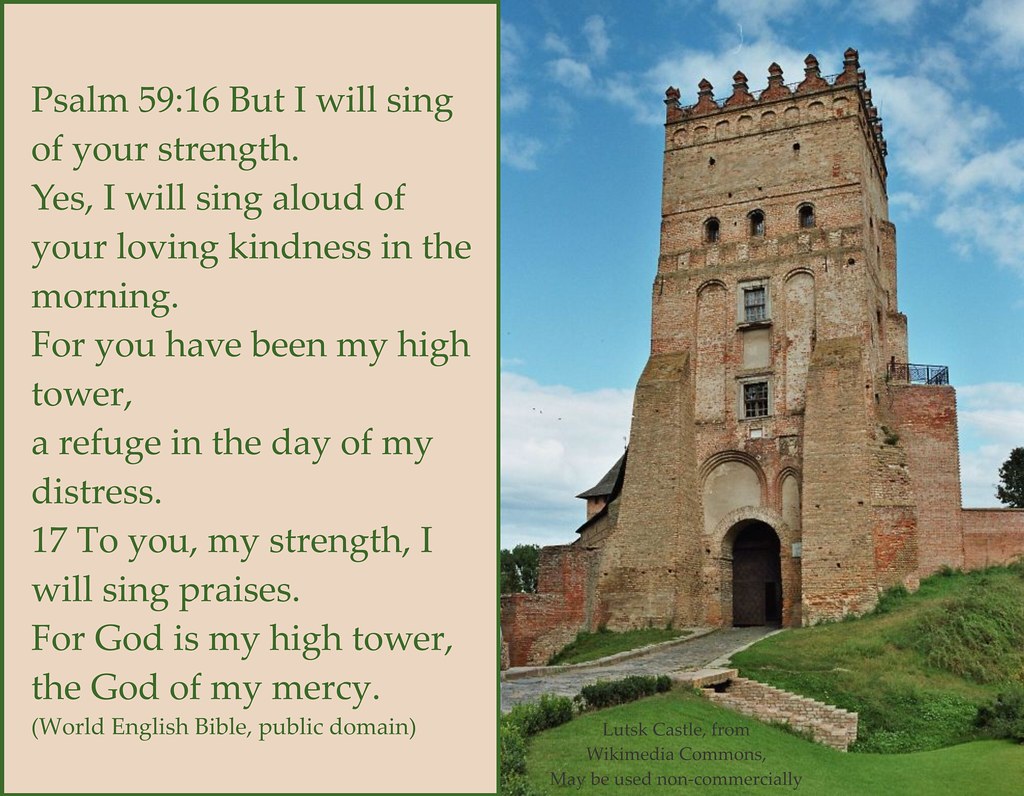THE SEED
God is our refuge and strength, an ever-present help in trouble. Psalm 46:1
All people are sinners. Every single one of us has weaknesses and difficult times. We frequently go to our loved ones for comfort when challenges emerge. But as they are still people, these individuals are susceptible to their own frailties and mistakes. Therefore, they might let us down even if they don’t intend to. Self-centeredness, which can inhibit empathy, is one reason why people let others down. Another is feeling inadequate to assist someone in their difficult circumstance or overpowered by it. A third possibility is that friends who don’t want to be linked with the wrongdoing may desert a person who has sinned. Repentance removes the stain of sin in God’s sight, but we aren’t always as ready to pardon in our own. We are capable of having a critical spirit, right? When a friend loses his job or the bank forecloses on his house, we may restrict our emotional support because we have preconceived notions about what caused the circumstance. Realizing that difficulties are frequently out of one’s control is a better strategy. For instance, financial difficulties at work may require layoffs, or a poor harvest may result in the loss of a farm. Understanding why people fail us and why we fail them does provide some tiny solace, but God offers a perfect source of peace that no one else can. He serves as the believer’s support system, motivator, and continuous friend.
PRAYER
Oh Lord, let me have my refuge in you and be my strength in the time of troubles, Amen.
BIBLE READINGS: Isaiah 43:1-7
NIGBATI AWON MIIRAN BA JAWA KULE
IRUGBIN NAA
Ọlọrun ni aabo ati agbara wa, iranlọwọ ti o wa nigbagbogbo ninu ipọnju. Orin Dafidi 46:1
Elese ni gbogbo eniyan. Olukuluku wa ni awọn ailagbara ati awọn akoko ti o nira. Nigbagbogbo a lọ si ọdọ awọn ololufẹ wa fun itunu nigbati awọn idojuko ba farahan. Ṣugbọn bi wọn ṣe tun jẹ eniyan, awon ènìyàn wọnyi le e subu nipa ailagbara ati awọn aṣiṣe wọn. Nítorí náà, wọ́n lè já wa kule àní bí wọn ò bá tie fẹ́ ṣe bẹ́. Ìmọtara-ẹni-nìkan, èyí tí ó lè ṣèdíwọ́ emí ìbánikẹ́dùn, jẹ́ ìdí kan tí àwọn ènìyàn fi ń já àwọn ẹlòmíràn sílẹ̀. Omiiran ni riro wipe ohun ko ni agbara to láti ran ènìyàn lowo ninu isoro won. Ikẹta ni pé, àwọn orẹ́ tí kò fẹ́ kí wọ́n ní ìsopo pelú eṣe náà lè kọ ẹni tó dẹ́ṣe síle. Ìrònúpìwàdà máa ń mú àbàwọ́n eṣe kúrò níwájú Ọlọ́run, ṣùgbọ́n a kì í múra tán láti dárí jì wá. A ni agbara lati ni ẹmi alariwisi, se looto ni? Nigbati ọrẹ kan pàdánù iṣẹ́ re tàbí kí ilé ìfowópamọ́ kọ́ ilé re, a lè fòpin sí atìlẹ́yìn ìmo lára wa nítorí pé a ti ro tele nípa ohun tí ó fa isele náà. Mimọ pe awọn iṣoro nigbagbogbo ma jade ni iṣakoso eniyan jẹ ilana ti o dara julọ. Bí àpẹẹrẹ, ìṣòro ìnáwó níbi iṣẹ́ lè gba ise danu lowọ́, tàbí ìkórè oko ti ko Dara le yori si pipadanu oko eni. Níní oye ìdí tí àwọn ènìyàn fi ń jawa kule àti ìdí tí a fi ń jawon kunle yio Faye idunu die sile, ṣùgbọ́n Ọlọrun pèsè orísun àlàáfíà pípé tí ẹlòmíràn kò lè ṣe. Ó ń sìn gẹ́gẹ́ bí ètò àtìlẹ́yìn onígbàgbọ́, aronisoke àti ore ayeraye.
ADURA
Oluwa, je kin Simi le O, ki o si je agbara mi ni igba idamu Amin.
BIBELI KIKA: Isaiah 43:1-7
